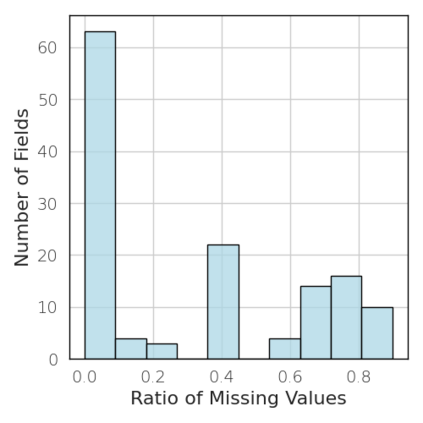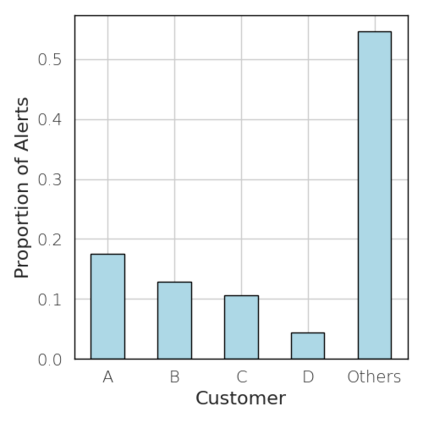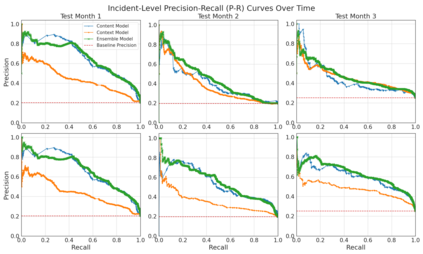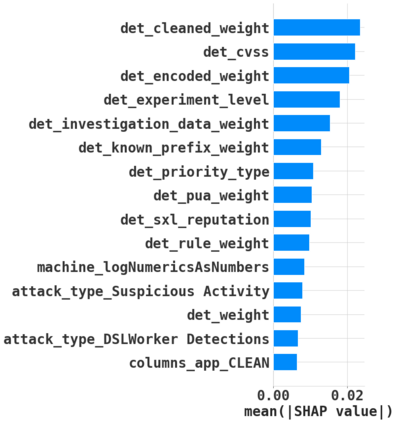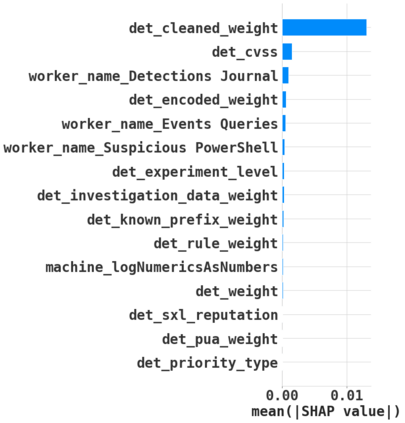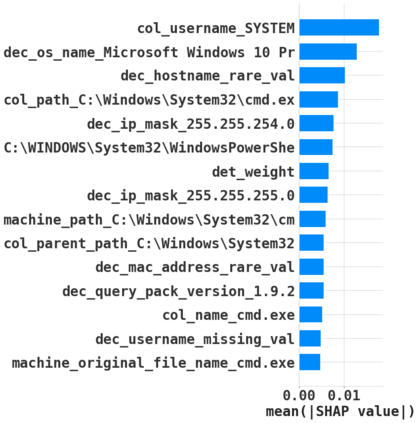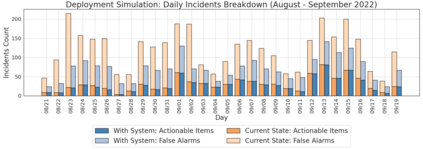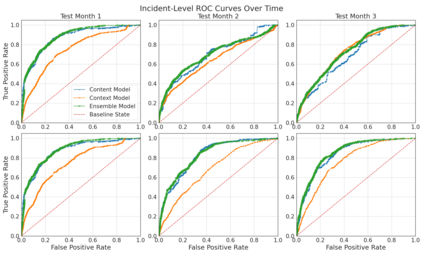In place of in-house solutions, organizations are increasingly moving towards managed services for cyber defense. Security Operations Centers are specialized cybersecurity units responsible for the defense of an organization, but the large-scale centralization of threat detection is causing SOCs to endure an overwhelming amount of false positive alerts -- a phenomenon known as alert fatigue. Large collections of imprecise sensors, an inability to adapt to known false positives, evolution of the threat landscape, and inefficient use of analyst time all contribute to the alert fatigue problem. To combat these issues, we present That Escalated Quickly (TEQ), a machine learning framework that reduces alert fatigue with minimal changes to SOC workflows by predicting alert-level and incident-level actionability. On real-world data, the system is able to reduce the time it takes to respond to actionable incidents by $22.9\%$, suppress $54\%$ of false positives with a $95.1\%$ detection rate, and reduce the number of alerts an analyst needs to investigate within singular incidents by $14\%$.
翻译:安全行动中心是负责保护一个组织的专门的网络安全单位,但大规模集中化的威胁探测正在导致SOC承受大量虚假的正面警报 -- -- 一种被称为警戒疲劳的现象。大量收集的不精确传感器、无法适应已知的假阳性、威胁面貌的变化以及分析员时间的利用效率低下,都助长了警报疲劳问题。为了解决这些问题,我们提出了“快速升级”(TEQ),这是一个机器学习框架,通过预测警报水平和事件一级的可操作性,减少对SOC工作流程的警报疲劳,尽量减少对警报疲劳。根据现实世界数据,该系统能够将应对可采取行动事件的时间减少22.9美元,用95.1美元检测率抑制54美元假阳性,并将分析员在单一事件内进行调查的警示次数减少145美元。


